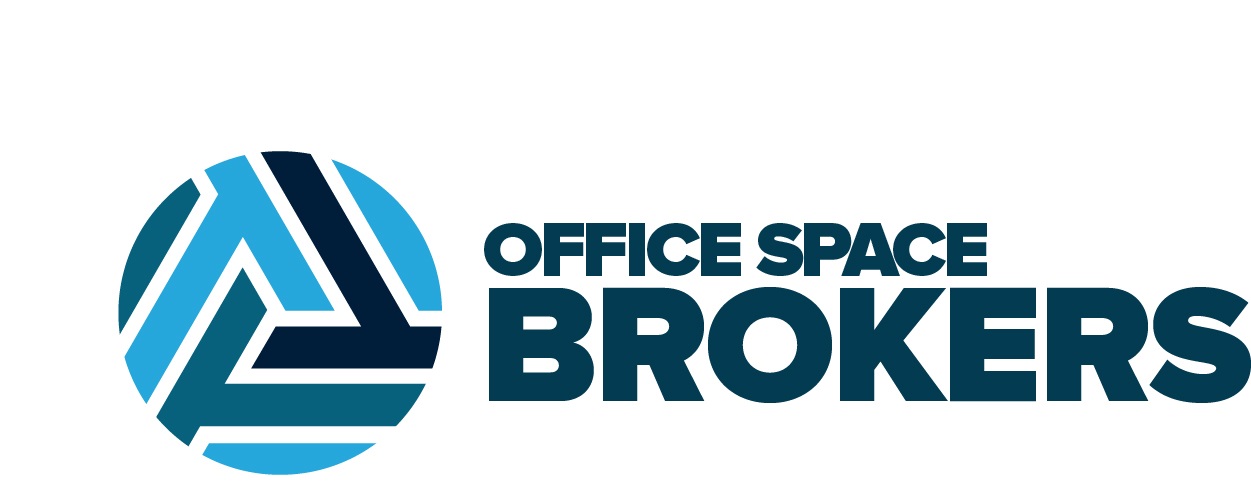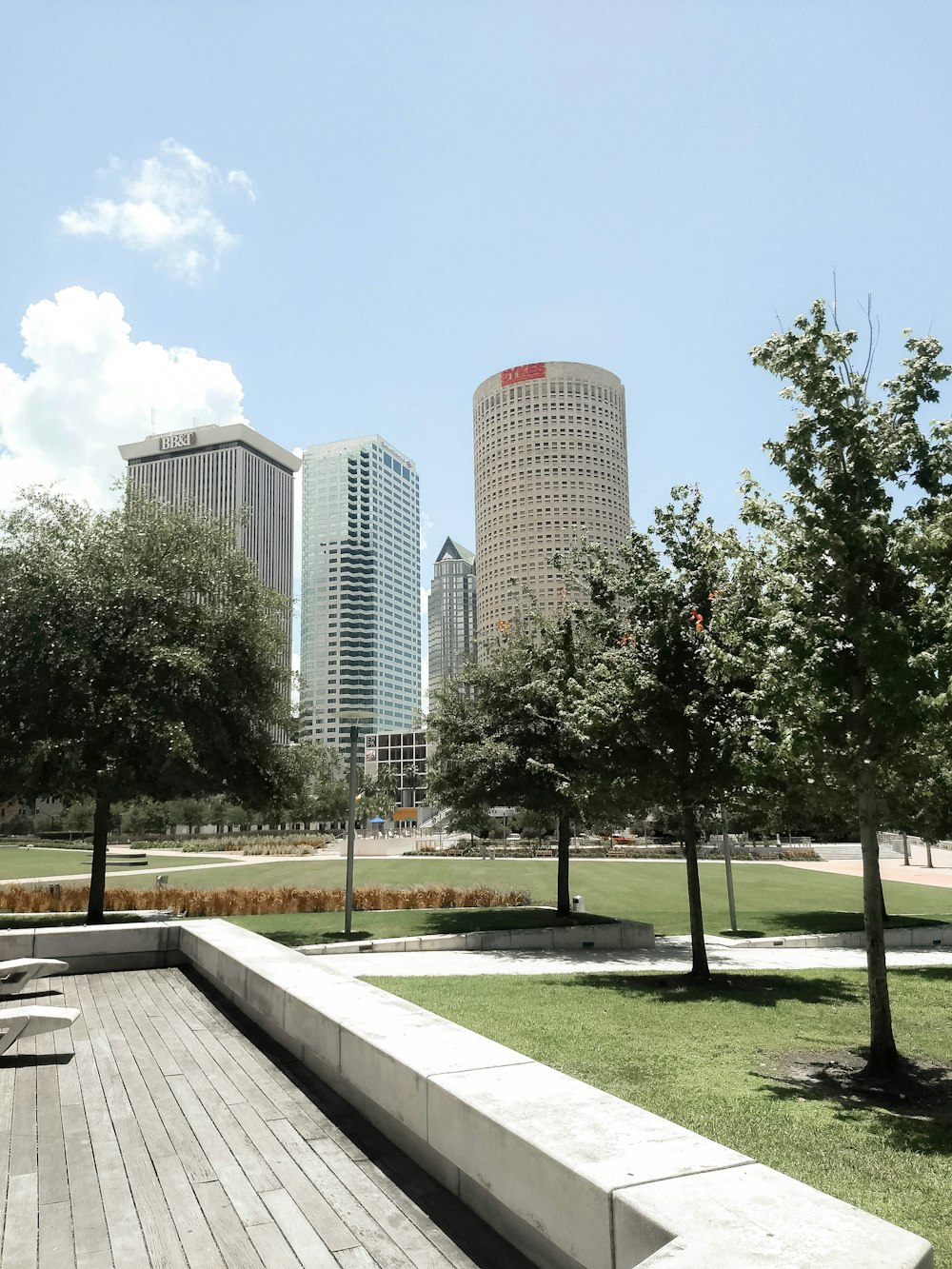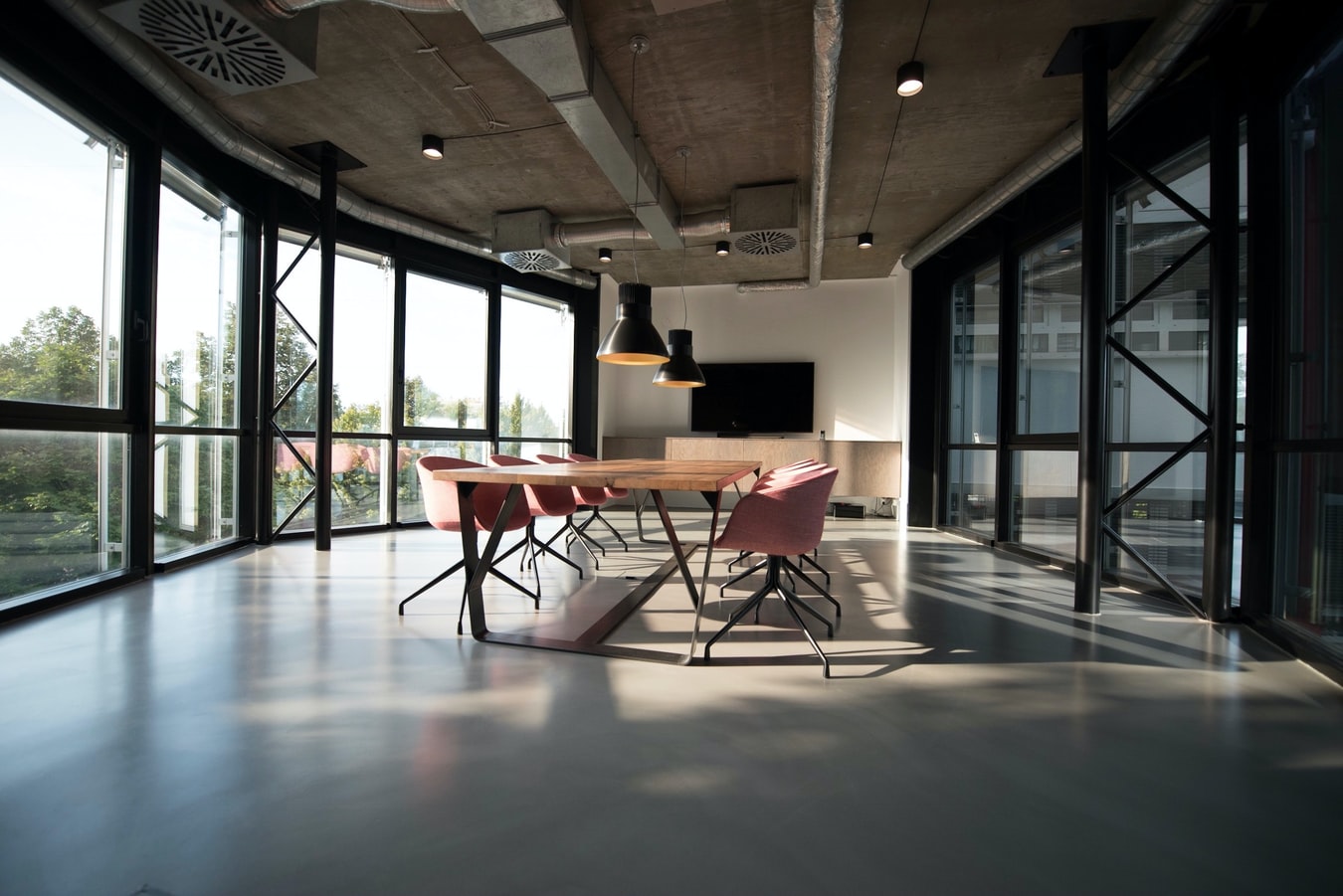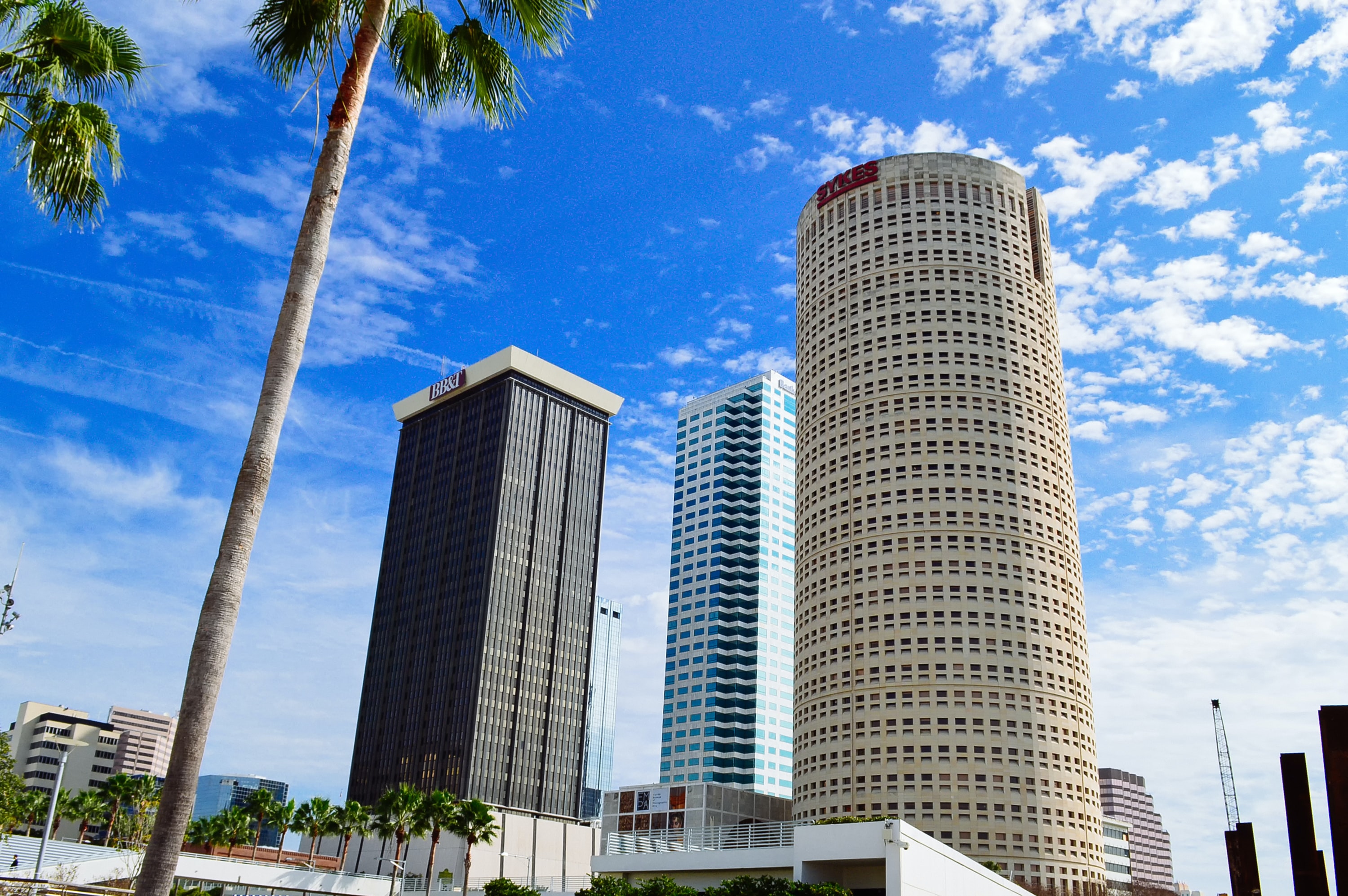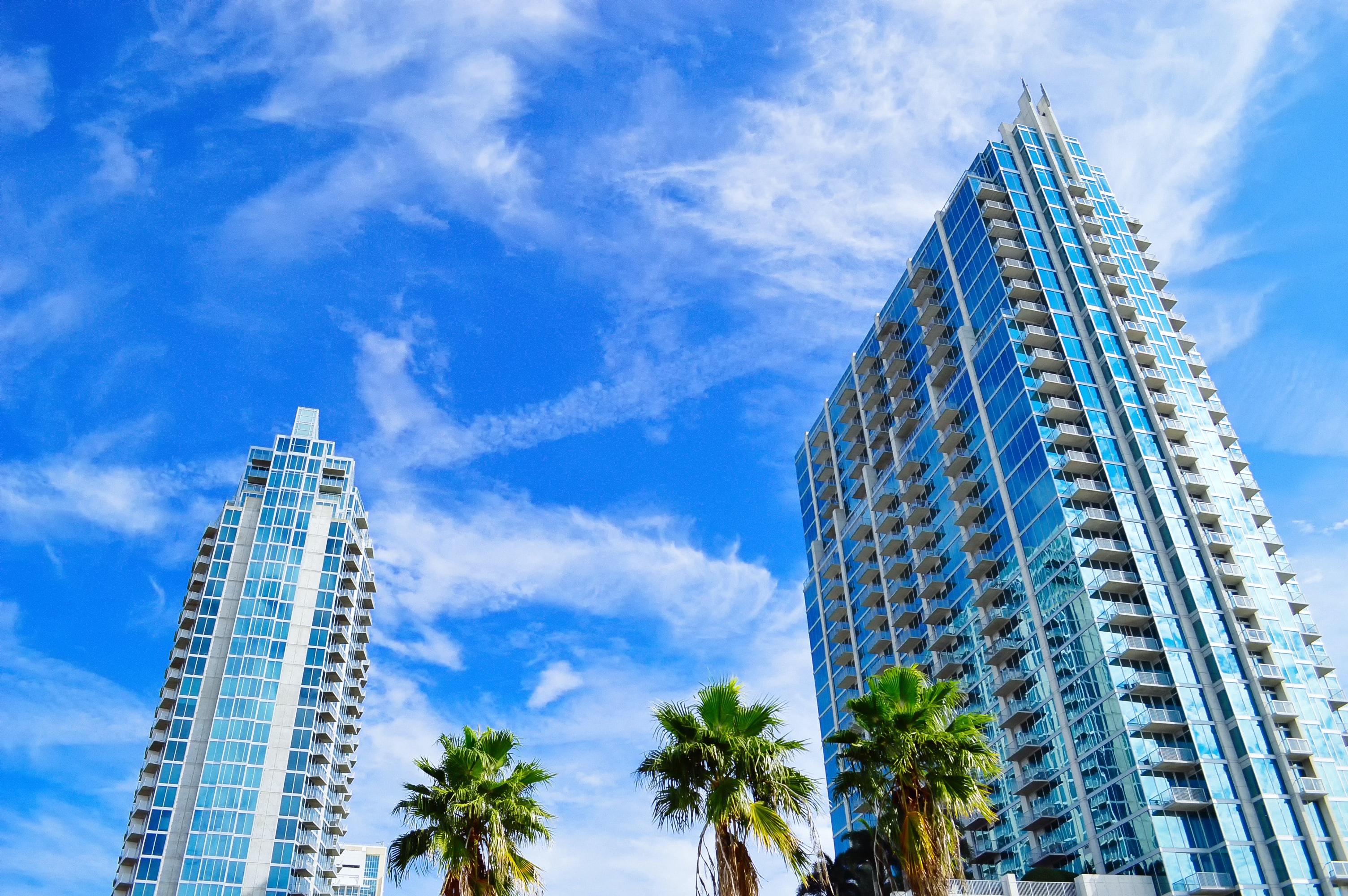As we quickly near the end of the month of September, I think we can all agree that COVID-19 is still relevant. While a great deal of people continue to work from home, many have returned to the office. So, many have asked how the Corona Virus has changed the future of office space? Office space as we once knew it has changed and continues to change as new information about the virus evolves. Three particular things come to mind when you think about how COVID-19 has changed the design and layouts of offices: touch-less technology, open-space office concepts and flex schedules.
Touch-Less Technology
Pre-COVID many companies had already began implementing touch-less forms of technology such as automatic doors or automatic sinks, soap and paper towel dispensers (in restrooms/break rooms). However, as offices began to reopen after quarantine, companies understood that they would need to invest touch-less technology to ensure the safety of their employees. Some companies have even gone the extra mile and invested in ultra-violet lights, which can kill both virus and bacteria. These can be used to both disinfect workspace surfaces and limit human contact by monitoring how many people are in the workplace.
Open-Space Office Concepts
The trend of open space office layouts may be a thing of the past. For years, many companies found ways to get creative and fully utilize the space they had by introducing an open-space office concept. Rather than having a bunch of small offices or cubicles, long tables were introduced to create a cohesive work environment and bring employees together. Due to social distancing rules, companies may need to say good bye to the open concept plans. Many people are going to be looking for that extra space before even thinking about going back to work. Employees are going to look for the separate offices or cubicles to ensure their own safety. Cushman & Wakefield are testing a new concept called the “Six Feet Office,” which will display visual foot traffic routing in the office to keep people six feet apart. The wheels are definitely turning; however, companies are going to need to get creative!
Flex Schedules
Another way companies have strategized getting employees back into the office safely is through flex work schedules. Companies are breaking teams up into smaller groups and staggering them throughout the week. By implementing flex schedules and prioritizing whom needs to be in the office more, companies are able to start getting employees back in the building in a safe way.
No one has all the answers, however; the health and safety of employees should be a top priority. Give our team at Office Space Brokers a call 813-289-3700, for a consultation to strategize your company’s office space steps.
